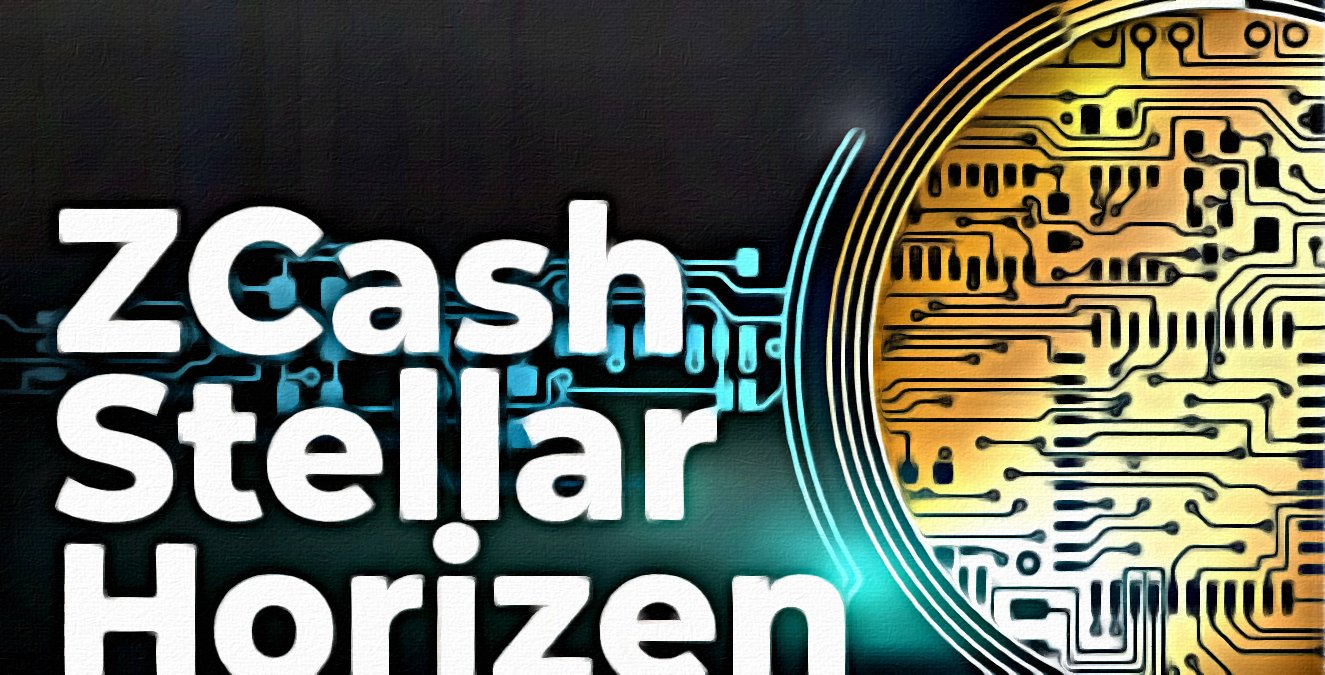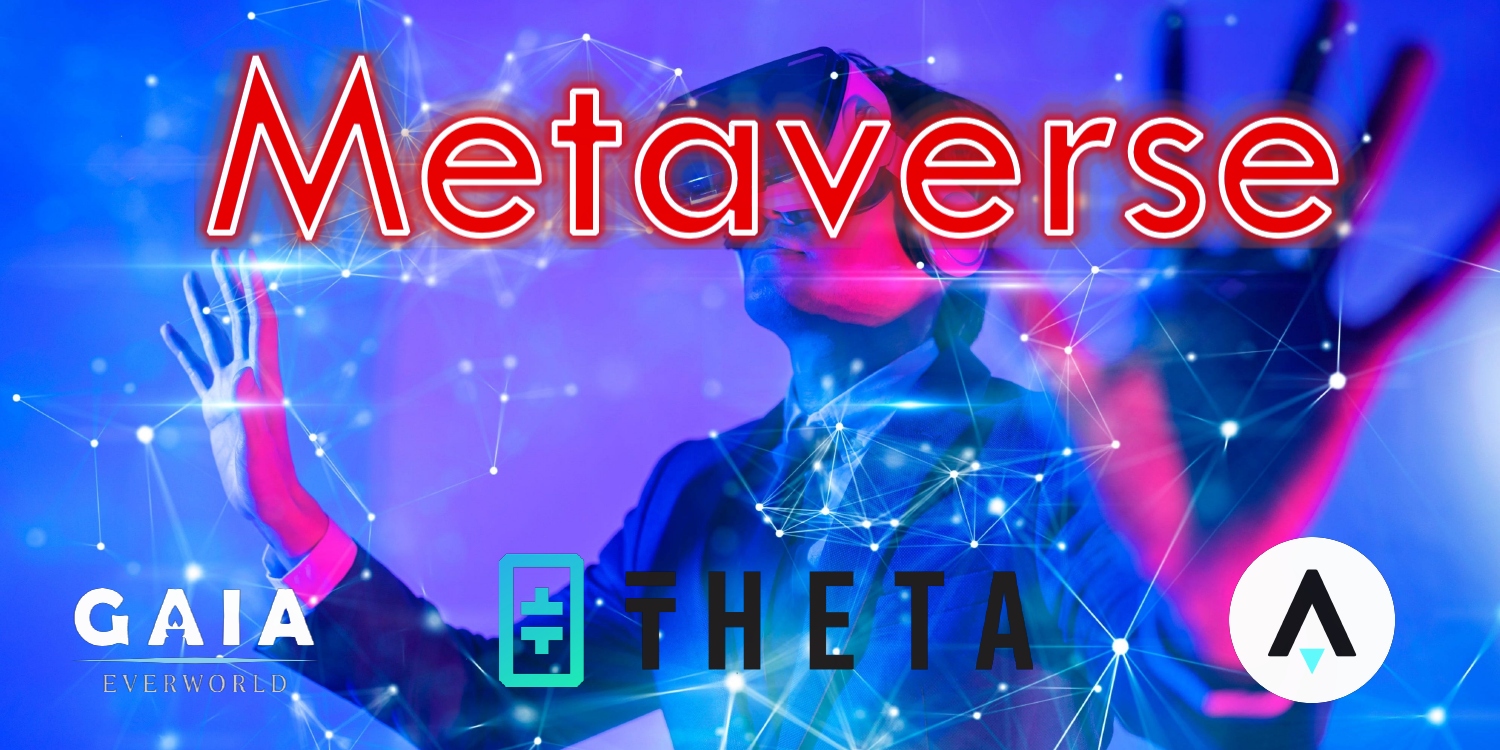Experts talked about what the recognition of three small capitalization tokens - Stellar, Zcash and Horizen - as securities will lead to, and what other cryptocurrency may fall into the field of view of regulators
Blockchain-based digital tokens have different purposes and distribution conditions. The so-called utility token can be used to exchange for a service or product of the issuer, and cryptocurrencies perform the function of a means of payment. There are also tokens that have the characteristics of securities, which give the holder the right to a part of the profits of the company that issued them.
In the United States, tokens, which are inherently securities, are subject to government regulation under the laws on the securities markets, and their sale is possible only with official registration with the US Securities and Exchange Commission (SEC).
The American regulator has repeatedly turned its attention to cryptocurrencies that have signs of securities. The most high-profile such case was the SEC litigation with Ripple, which is still ongoing. In December 2020, the commission accused the crypto company and its management of raising more than $1.3 billion by selling unregistered securities under the guise of XRP tokens. After the accusations leveled against Ripple, the XRP token rate fell by 50%, and exchanges began to delist this cryptocurrency.
The SEC is now on the lookout for such coins as Stellar (XLM), Zcash (ZEC) and Horizen (ZEN). This happened due to the fact that Grayscale Investments offered these tokens as investment products, and the commission had questions about them. In response to a request from the regulator, the US company, which manages more than $18 billion in funds, admitted that each of the named tokens can be considered a security.
- Experts told why the regulator is interested in recognizing certain cryptocurrencies as securities, and what this can lead to.
- Howey test
In the United States, the so-called Howey Test, developed by the US Supreme Court in 1946, is used to determine compliance with the status of a security, Chen Limin, chief financial officer and head of trading operations at ICB Fund, said. According to him, the test implies that investing in securities is investing money in a common enterprise with the expectation of profit that is associated with the activities of others.
Compliance with these criteria will lead to the recognition of an asset as an investment contract and will require registration with the SEC, the expert says. He noted that the lack of registration in the event that the asset is recognized as a security will entail fines and delisting of the cryptocurrency on the platforms. In the case of Grayscale trusts, they are excluded from the product line, as was the case with XRP, the expert added.
- Market control
The US Securities and Exchange Commission intends to effectively take full control of the digital asset industry, arguing that only bitcoin meets the exchange commodity (which does not meet any of the Howey test criteria), Limin argues.
“In other words, the first cryptocurrency is the prerogative of another regulator, the Commodity Futures Trading Commission (CFTC), and everything else can be considered a security in one way or another,” the expert explained.
He drew attention to the fact that the SEC explains its activity by the desire to protect consumers, citing the fact that they do not receive reliable information about a particular asset that meets the requirements for publishing a securities prospectus. In fact, these actions can be seen as a desire to limit the pace of development of an emerging industry that competes with players from the traditional financial sector, Limin believes.
- “Irreparable Damage”
Ceteris paribus, a repeat of the history of Ripple cannot be ruled out, according to the CFO of ICB Fund. However, he noted that the situation will be mitigated by the increased role of decentralized exchanges in recent years, which will not be able to directly comply with the SEC’s instructions on delisting assets if such a decision is made. It was fears of losing liquidity and paying multimillion-dollar fines that brought down the capitalization of Ripple in December 2020, Limin is sure.
If these tokens are recognized as securities, they will lose at least half of their value, according to exmo.com development director Maria Stankevich. She explained that for Grayscale, the loss will not be critical, since ZEC, ZEN and XLM account for only $40 million of assets ($18.7 billion). But for ordinary users, this will be a disaster, the expert is sure.
“Projects are likely to face large fines that not everyone will be able to endure, as well as delisting from 90% of centralized exchanges, which will cause irreparable damage to both users and asset values,” Stankevich believes.
The expert noted that the SEC can be very unpredictable in its decisions, however, similar problems with Ethereum are possible, since after switching to the Proof-of-Stake protocol, the coin will have all the signs of a security. Considering the new version of the blockchain in terms of the Howey test, the PoS system requires the investment of money (staking) in a common enterprise (Ethereum) with the expectation of profit (reward for staking) from the efforts of others (other Ethereum users).


